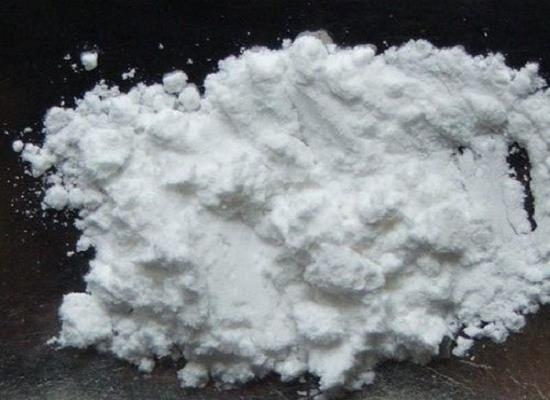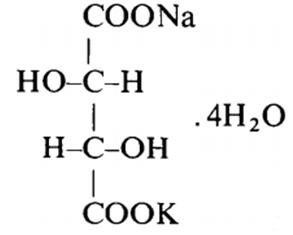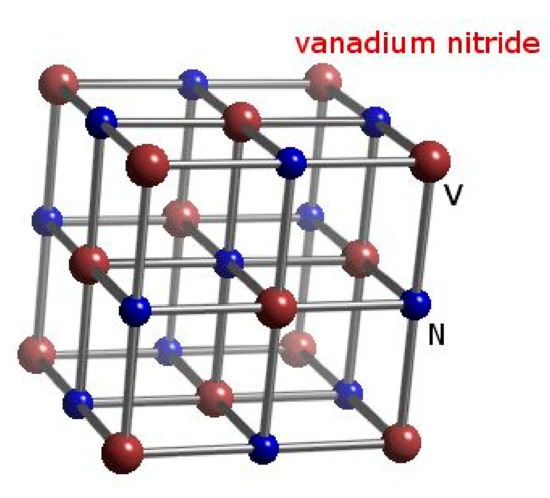Potassium Sodium Tartrate Tetrahydrate: Therapeutic Uses and Toxic Characteristics
General Description
Potassium sodium tartrate tetrahydrate, also known as Rochelle salt, is a versatile compound with uses in various industries. In the chemical and pharmaceutical sectors, it is valued for its properties and solubility in water. Widely used in the food industry as an additive, it serves as an antioxidant and acidity regulator. In medicine, it acts as a mild diuretic and is utilized in laxatives. In analytical chemistry, it is essential in tests for reducing sugars. Despite its beneficial applications, caution is advised due to potential nephrotoxic effects when administered intravenously. Further research is needed to understand its toxicity fully and establish safe usage guidelines.
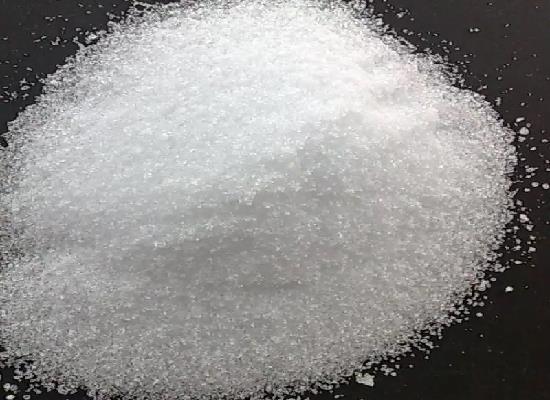
Figure 1. Potassium sodium tartrate tetrahydrate
Overview
Potassium sodium tartrate tetrahydrate is a double salt of tartaric acid with a chemical formula of KNaC₄H₄O₆·4H₂O. This compound is widely used in chemical and pharmaceutical industries due to its various properties. It appears as large, colorless crystals or white crystalline powder and is soluble in water. Potassium sodium tartrate plays a critical role in the food industry as a common additive used for its antioxidant and acidity-regulating properties. In the medical field, it is used in the production of laxatives and for its mild diuretic properties. Additionally, it serves an essential role in analytical chemistry, particularly in the Fehling's solution to test for reducing sugars. The compound also has historical significance in the area of crystallography for its piezoelectric properties, which were pivotal in the development of early sonar technology. Its balanced solubility and non-toxic nature make it suitable for various laboratory and industrial applications. 1
Therapeutic Uses
Potassium sodium tartrate tetrahydrate, also known as Rochelle salt, has several therapeutic uses due to its properties as a saline cathartic. When administered as a saline cathartic in adults, the usual dose ranges from 5 to 10 grams. This compound acts by inducing watery evacuation within 2 to 6 hours of ingestion. For optimal effectiveness, it is recommended to take Rochelle salt with a substantial amount of fluid, at least 240 ml, on an empty stomach. One of the key therapeutic uses of potassium sodium tartrate tetrahydrate is in cases of poisoning, where it can help remove toxic materials from the body. Additionally, it is valuable in eliminating parasites and serves as a toxic vermifuge following anthelmintic therapy. By aiding in the expulsion of parasites and toxic substances from the body, Rochelle salt plays a crucial role in detoxification and therapeutic interventions for various conditions. In summary, the therapeutic uses of potassium sodium tartrate tetrahydrate include its role as a saline cathartic for inducing bowel movements, assisting in the removal of toxins in poisoning cases, and helping eliminate parasites as part of anthelmintic therapy. Its effectiveness in promoting detoxification and gastrointestinal health makes it a valuable component in medical treatments. 1
Toxic Characteristics
Potassium sodium tartrate tetrahydrate, commonly known as Rochelle salt, exhibits toxic characteristics, particularly when administered intravenously. Research conducted by Park et al. (1973) indicates that a single intravenous dose of sodium potassium tartrate at 400 mg/kg selectively harmed the epithelium of the convoluted tubule in mice. The study involved mice treated with 400 mg/kg subcutaneously. Results showed that the number of Paneth cells counted in intestinal glands did not exhibit significant changes. However, granular indices decreased distinctly on the first day after treatment, returning to normal levels by the fifth day. The selective injury to the epithelium of the convoluted tubule suggests that potassium sodium tartrate tetrahydrate may have nephrotoxic effects, particularly affecting the renal tubules. Such toxicity can disrupt renal function and potentially lead to renal damage or failure. It's crucial to note that these findings are based on animal studies, and caution should be exercised when extrapolating these results to human toxicity. Further research, including clinical studies, is necessary to fully understand the toxic characteristics of potassium sodium tartrate tetrahydrate in humans and to establish appropriate safety guidelines for its use. 2
Reference
1. Potassium sodium tartrate tetrahydrate. National Center for Biotechnology Information. 2024; PubChem Compound Summary for CID 165453.
2. SODIUM POTASSIUM TARTRATE. Hazardous Substances Data Bank. Hazardous Substances DataBank Number: 765.
You may like
Related articles And Qustion
See also
Lastest Price from Potassium sodium tartrate tetrahydrate manufacturers
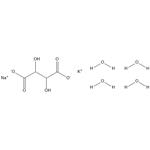
US $0.00/kg2025-10-09
- CAS:
- 6381-59-5
- Min. Order:
- 1kg
- Purity:
- 98%
- Supply Ability:
- Customise
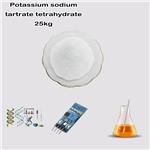
US $0.00-0.00/KG2025-07-08
- CAS:
- 6381-59-5
- Min. Order:
- 1KG
- Purity:
- 98.0%
- Supply Ability:
- 500kg/month

